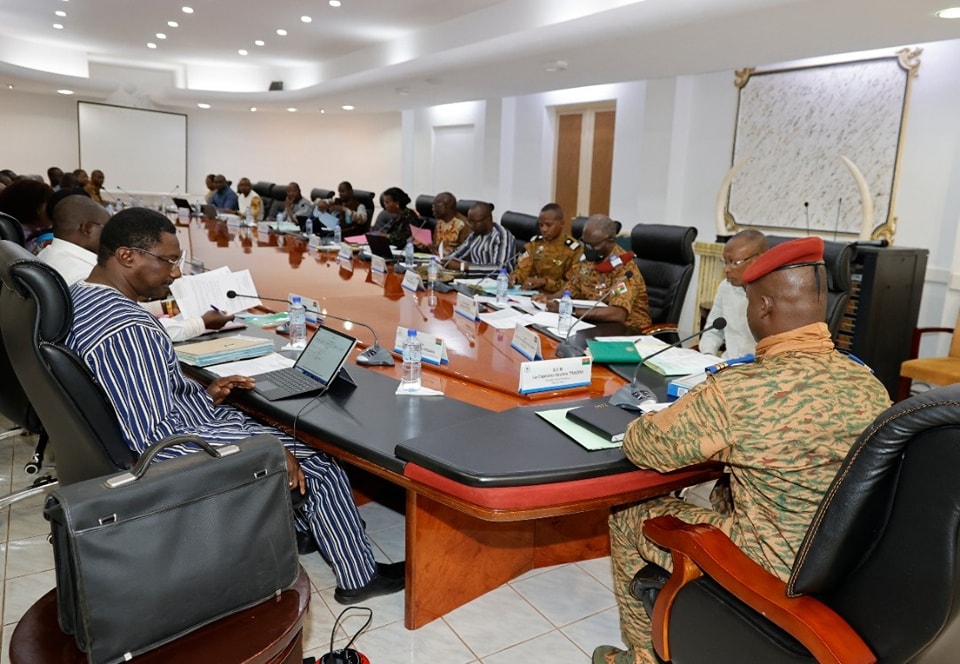Burkina Faso government initiates major healthcare overhaul

Burkina Faso government initiates major healthcare overhaul
Under the chairmanship of His Excellency Captain Ibrahim TRAORE, President of Burkina Faso and Chair of the Council of Ministers, significant decisions were made to bolster the nation’s healthcare sector. The Council deliberated on various agenda items, received verbal communications, made appointments, and authorized foreign missions.
Deliberations and Presidential Initiative for Health
Under the auspices of the Presidency, the Council passed a decree establishing the Presidential Health Initiative (PHI), reflecting Burkina Faso’s commitment to enhancing its healthcare offerings.
This initiative aims to modernize healthcare structures and elevate the quality of medical services across the nation over a five-year implementation period.
Central to PHI’s strategy is the transformation of 55 Community Health and Social Promotion Centers (CSPS) into communal medical centers across all administrative regions.
This transformation includes equipping these centers with comprehensive medical personnel and state-of-the-art facilities to ensure enhanced healthcare delivery.
Additionally, PHI will focus on constructing and equipping five anesthesia-reanimation services in key regional and university hospitals to reduce the need for medical evacuations.
A cornerstone of this initiative is the establishment of a Center for Cardiology Excellence at the Tengandogo University Hospital, which will specialize in cardiac surgeries, including pediatric and adult procedures, heart transplants, and the development of artificial heart technologies.
Furthermore, the initiative includes introducing world-class molecular diagnostics for breast cancer, addressing a critical gap in Burkina Faso’s oncological care infrastructure.
Funding for the PHI will be sourced from the National Bureau of Major Projects of Burkina (BN-GPB), the Ministry of Health, and local communities, ensuring sustainable and equitable healthcare development.
Other Council Decisions
In parallel, the Council passed decrees addressing various sectors, including expropriation for public interest purposes related to educational institutions, capital increases for national food security management, special operations for property title issuance to homeowners, and statutory modifications to enhance rural land management and agricultural infrastructure development.
International Engagements and Appointments
Additionally, the Council received updates on Burkina Faso’s participation in international forums, including the upcoming African-Italian Economic Forum in Rome and Trieste, aimed at fostering economic cooperation and youth employment opportunities.
The session concluded with nominations to key administrative positions and board memberships across various national institutions, underscoring the government’s commitment to effective governance and strategic development planning.
Conclusion
The decisions taken during this Council session mark a significant stride towards enhancing Burkina Faso’s healthcare infrastructure and governance frameworks, aligning with broader national development goals and international cooperation initiatives.
The implementation of these measures is poised to strengthen healthcare accessibility and quality, positioning Burkina Faso as a regional leader in healthcare innovation and service delivery.
About The Author
dailymailafric
I am an avid African news observer, and an active member of Daily Mail Africa.
I’m Passionate about staying informed on diverse topics across the continent,
I actively contribute to publishing on political, economic and cultural developments in Africa.



